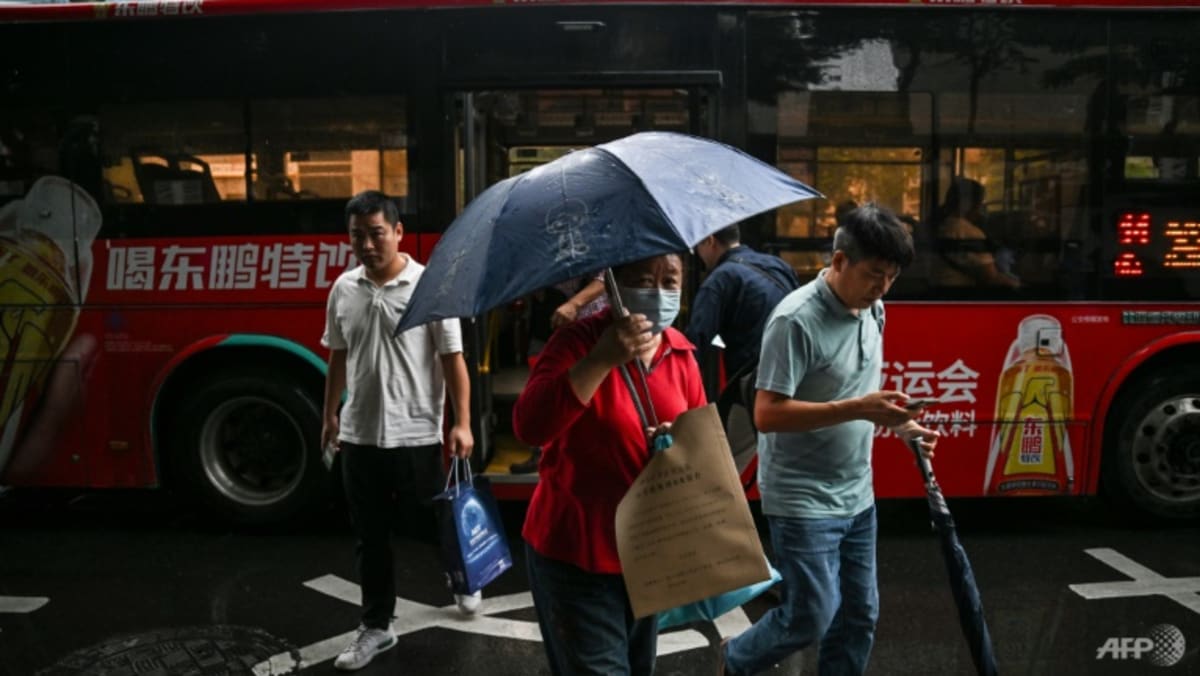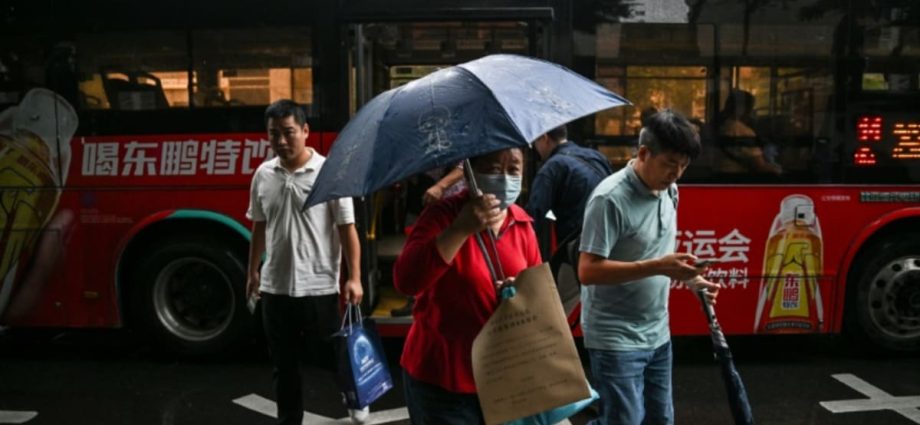
“POLITICAL WILL”
A World Bank case study on SZBG, the city’s largest public transport operator, found emissions from an e-bus over its service time were 52 per cent that of a diesel bus.
The analysis takes into account the fact that the local grid generates about half its electricity from coal, and found the switch had saved 194,000 tonnes of carbon dioxide annually.
Pollution in Chinese cities was a major factor pushing the central government to prioritise the switch in public transport, said Tu Le, managing director of Sino Auto Insights.
And that top-down directive was key, with the World Bank noting transition “not only depends on technology but also political will”.
“They were thinking about this way before any other country was even considering it,” said Le.
Strong government financial support and close collaboration with automaker BYD – then a fledgling, now a giant in the global EV field – greatly contributed to success in Shenzhen.
By 2021 China supplied more than 90 per cent of the world’s e-buses, according to the ICCT.
The changes are already having a measurable effect.
In September, the IEA chief said the growth of electric vehicles globally – especially in China – meant oil demand was on course to peak before 2030, and coal “in the next few years”.
COAL-SOURCED ELECTRICITY
However, China remains the world’s largest emitter, with the IEA predicting it will account for 45 per cent of the global total from now until 2050, and the country relies on coal for nearly 60 per cent of its electricity.
Last year, Beijing approved the largest expansion of coal-fired power plants since 2015, despite President Xi Jinping pledging to peak CO2 emissions between 2026 and 2030.
China is investing heavily in renewable energy, but “they need the coal to cover the gaps in the grid for the time being“, said Richards.
“Even 100 per cent coal-fired power (for EV charging) wins over gasoline though” in terms of emissions, said David Fishman, energy consultant at The Lantau Group.
For SZBG’s Ma, the switch to electric has given the company a new outlook.
“We don’t consider ourselves anymore as a pure bus operator, but a new energy service operator or provider,” he said.
Bus systems in 10 other cities in Guangdong province are now fully electric, as is the eastern city of Hangzhou.
And over 90 per cent of the bus systems in major cities like Beijing and Shanghai have made the switch.
Less developed power grids and charging infrastructure, as well as maintenance issues, have slowed progress in smaller cities, said Sino Auto Insights’ Le.
Still, he predicts seeing “a high percentage – in the 70s – of the whole country’s networks electrified by 2030, no problem”.

